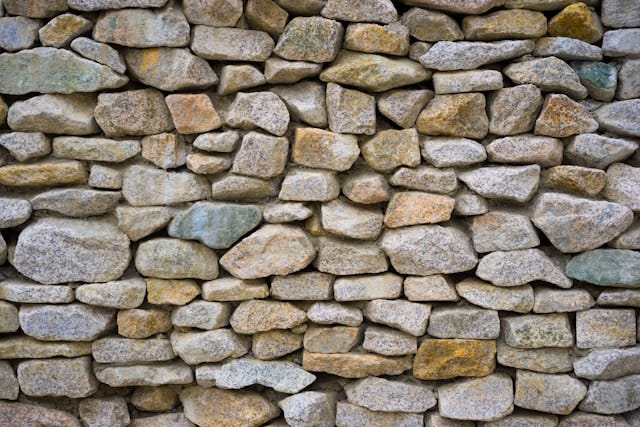Obstacle or Addition?
3/27/25 Bible Thought (Luke 20)

Throughout the pages of Scripture, we see again and again that many would reject God and His chosen messengers. Even in Israel many prophets were rejected by the people who were determined to go their own way in opposition to God’s decrees.
The Lord Jesus recounts this sad reality in parabolic form in Luke 20. There was a man (God) who owned a vineyard and leased it out to tenants. The tenants here would be the people of Israel or perhaps more specifically their leaders. When the owner (or Lord) of the vineyard sent messengers to receive its fruits, the messengers were mistreated or beaten in various ways and sent away empty-handed.
Again, this is the story of much of the Old Testament as God’s prophets were rejected by His people. Ironically enough, the wicked people of Nineveh repented at the preaching of Jonah, and yet God’s own people wouldn’t turn from their wicked ways and the worship of idol gods!
After so many messengers were rejected, the Lord of the vineyard determined to send His Son, concluding that they would respect Him (Lk. 20:13). He was in fact the heir to the vineyard.
Yet, rather than respect Him, they killed Him. Jesus shares this parable, showcasing His future rejection and death at the hands of the religious elites. Sadly, there was one greater than Jonah present, and yet the people wouldn’t repent as the Ninevites did (Matt. 12:41).
When the Son is killed, Jesus concludes that the vineyard would then be given over to others, which probably speaks of the inclusion of the Gentiles into the people of God—something that His audience could hardly bear to hear.
Jesus concludes by quoting Scripture,
“What then is this that is written: ‘The stone that the builders rejected has become the cornerstone’? 18 Everyone who falls on that stone will be broken to pieces, and when it falls on anyone, it will crush him” (Lk. 20:17-18).
The rejected Son is the chosen foundation (see 1 Cor. 3:11). He is the cornerstone. The most important part of the entire building and upon which everything else will be built. It was this stone that would hold the adjoining walls together.[1]
The question for the original audience and for us as modern readers is how we will respond to God’s chosen One? If we reject Him, we’ll be broken and crushed (Lk. 20:18). He is God’s only appointed means of salvation (see Acts 4:11-12). But if we receive Christ, we will be built up with Him as living stones.
The Apostle Peter wrote,
“As you come to him, a living stone rejected by men but in the sight of God chosen and precious, 5 you yourselves like living stones are being built up as a spiritual house, to be a holy priesthood, to offer spiritual sacrifices acceptable to God through Jesus Christ” (1 Pet. 2:4-5).
If we are in Christ, we are a part of God’s building program in the earth. But if we reject Christ, we’re destined to be crushed. There is no in-between. There is no fence.
We’re either an obstacle to be removed, or a living stone to be added. The exclusivity of the Christian gospel is offensive to many, but we don’t make the rules. God does. Or as preacher, Voddie Baucham, puts it, “I don’t write the mail. I just deliver it.”
We’re either an obstacle to be removed, or a living stone to be added.
I thank God today that He gave me ears to hear, and that I’m a part of what He is building in the earth, and that my life’s work and sacrifices have been made acceptable to God through my Lord Jesus and through Him alone.
[1] Clinton E. Arnold, Zondervan Illustrated Bible Backgrounds Commentary: Matthew, Mark, Luke (Grand Rapids, MI: Zondervan, 2002), 472.

